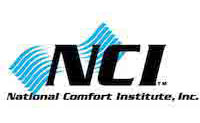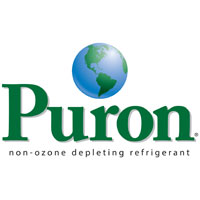Greater emphasis is being placed on energy efficient products and practices on a day-to-day basis. However, there are several energy efficiency myths that can easily be discredited the right information.
• More energy is needed to turn lights on or off rather than leaving them on for extended periods of time.
Fluorescent lights are thankfully left in the past due to the enormous amount of time and energy used to ignite fluorescent bulbs. Lighting from this dated source would require at least 5 minutes in preparation time before reaching their full lighting capacity. Fortunately, modern day bulbs take a second or less to reach maximum strength. Therefore, remember to shut off any light that is not needed within a 10 second time frame.
• Ceiling fans can enhance any room by keeping it cool whether or not a person is present.
People typically turn on a ceiling fan as a personal cooling mechanism. The belief that leaving a fan on to cool a room after leaving will only increase energy usage and related costs. Make a decision to only turn on a ceiling fan when the AC is off. Turn off both the fan and AC during absences from home.
• More energy is used to constantly turn computers off or on.
Computers and related devices have become much more technically advanced in recent years. Consumers can remain confident that computers will not be damaged and excess energy is not wasted while powering down or restarting. Automatic shutdown or sleep mode can both be used to conserve energy when a computer is not needed.
• Constantly changing the temperature setting on the indoor thermostat will change the overall temperature much faster.
Just the opposite is true for this widespread myth. In fact, turning a thermostat up or down constantly according to personal needs will only cause an HVAC system to work longer and harder, using excessive energy.
• Use a space heater to promote energy efficiency.
Natural gas is the more common source for heating in the United States. Electricity can cost up to 10 times more than natural gas, which negates energy efficient goals with the use of a space heater.
• Air drifts related to excessive energy costs are generally caused by windows and doors.
Air ducts help distribute air throughout a home. More often, leaks in air ducts and improper insulation in places like an attic or ceiling are the cause of air drifts.
• It takes a greater amount of energy to cool down an area when the AC has been off for an extended period of time.
Abide by the general rule of only using AC when needed and leaving it off when it is not in use.
• A large investment in appliances or parts is needed to become energy efficient.
Daily practices and habits regarding energy expenditures can greatly impact overall efficiency, even if your house’s parts and appliances are aging.
Be sure to share this knowledge with employees and family members, and follow our blog for more great HVAC tips and information!













